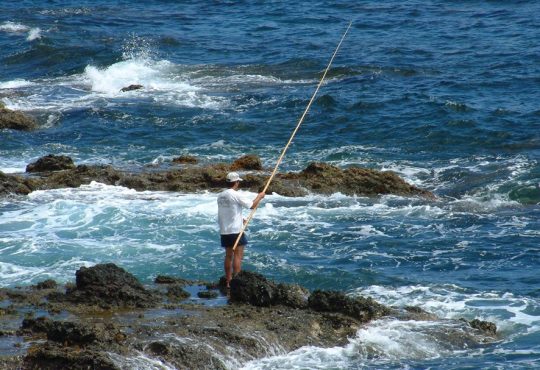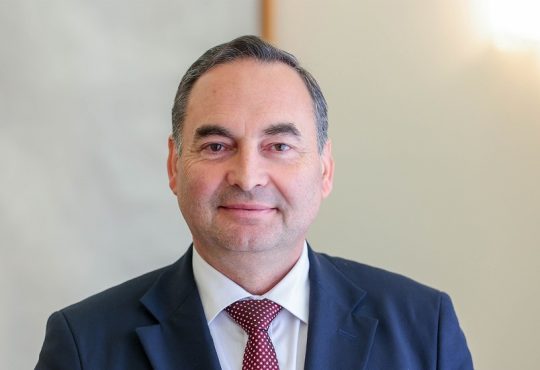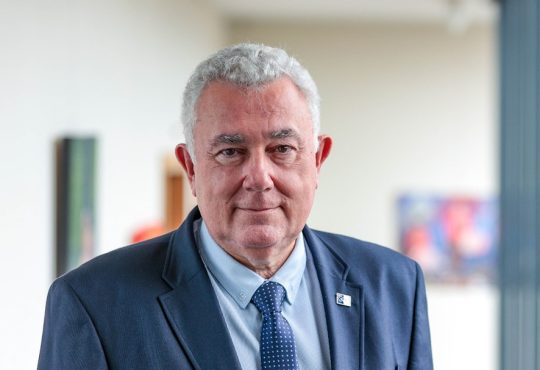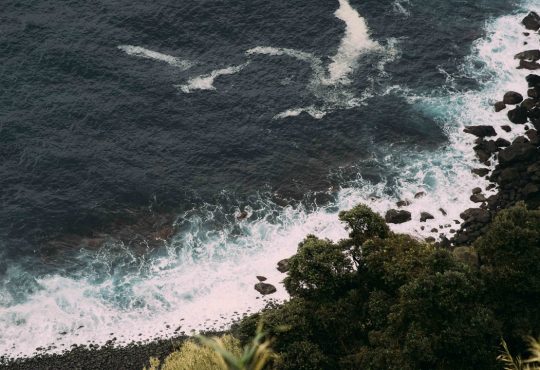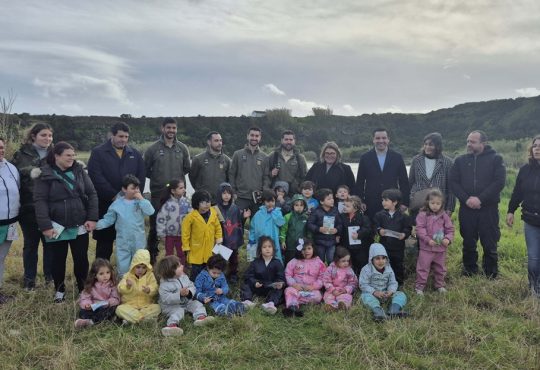AZORES | Regional Government marks National Maritime Day highlighting role of this asset as driving force for development

The National Maritime Day is celebrated today, November 16. The celebration of this day has its origins in the “United Nations Convention on the Law of the Sea,” which entered into force on November 16, 1994, and was ratified by Portugal in 1997. This convention is of paramount importance, as it established, among other things, the maritime limits of the Exclusive Economic Zone and the Continental Shelf.
With one of the largest exclusive economic zones in the world, where the Azores represent 56% of this area, the Portuguese Sea is an important driving force for development, with a potential that has been widely recognised at an economic, social, environmental and geostrategic level.
In turn, the Azores and the Azoreans have an essentially maritime identity.
It was this maritime identity that formed and forged our character and personality as an archipelago. If we look only at the territorial aspects, from a continental perspective, Portugal is peripheral country and the Azores are a small and distant outermost region. However, if we add the maritime component to our identity, we can understand the true scale of our territory and its immeasurable size, with a central projection in the world. This vast maritime space, which surrounds the archipelago, corresponds to a total area of almost 1 million square kilometres and holds a multitude of natural resources. It has been increasingly regarded as a strategic vector, which is of vital importance to the social and economic development of the Region and the country.
Alongside the identity aspect, it is important to emphasise the reputation of the Region’s institutions and people. It is also necessary to understand its national, European and international integration in the management of the environmental and economic interests of the Portuguese Sea and the Azores Sea. In this context, safeguarding the Region’s constitutional and statutory powers to protect the environment and natural marine resources is of the utmost urgency. Therefore, the recurrent attempts to strip the Azores of its competences in the shared and joint management of their sea are not legitimate. If Portugal has maritime relevance, this is largely due to the Azores. As such, any law in this area must guarantee the rights and legitimate aspirations of the island populations.
Regarding the preservation and sustainable use of the ocean, the Azores have committed to protecting 30% of their sea through Marine Protected Areas by the end of 2023, seven years ahead of the international 30 by 30 target. Based on solid scientific information and a transparent and inclusive participatory process, the Region is leading by example in the strategy for the sea, through the Blue Azores programme, enhancing the value of its marine assets and seizing all the opportunities for growth that can be developed within the framework of environmental sustainability. Consequently, the development of all sectors linked to the blue economy is a priority for the future of the Region.
We know that the challenges the ocean faces are immense and that no region or sector can tackle them alone. In a scenario of rapid climate, energy and digital transitions, maritime science and security play a fundamental role in responding to threats and preventing situations that jeopardise the environment, economic activities, communications and human life at sea. Security and sustainability in the maritime sectors are, therefore, extremely important strategic priorities. The new technologies for more sustainable navigation bring opportunities for the Azorean economy, where the Maritime School is playing an increasingly important role in the training of seafarers. The Technopole – Martec and the future oceanographic vessel represent the potential for a new paradigm in maritime research and development.
It is through science and innovation that we will find answers in the ocean to many of the problems that affect and threaten the planet today. With this goal in mind, it is necessary to develop governance models that allow fair access to these answers. The best solutions will be found in sustainability and the balance between extracting and maximising resources. The Azorean fishing sector is a good example of this. It has seen a 27% increase over the last three years in the value of fish unloaded at fish auctions, with the majority of the fleet using highly selective traditional gear. In promoting the catch of high-quality species, this natural aspect of fishing should be the motto for greater sustainability and increased value for the fish products, contributing to the strength of the sector and the financial capacity required for its development. In this regard, the Regional Government is committed to restructuring the fishing sector, supporting the transition measures necessary for a more sustainable operation and the fulfilment of the new goals for the protection of marine resources.
Let us be international leaders in this decade of the Ocean, promoted by the United Nations, for a clean, healthy and resilient ocean, where marine ecosystems are thoroughly understood, protected and managed. Let us be an example of the sustainable use of an ocean that is monitored, safe and equitable in terms of information, technology and innovation. Let the Azores Sea be inspiring and engaging, so that society may understand, protect and value it.
GRA/RÁDIOILHÉU




